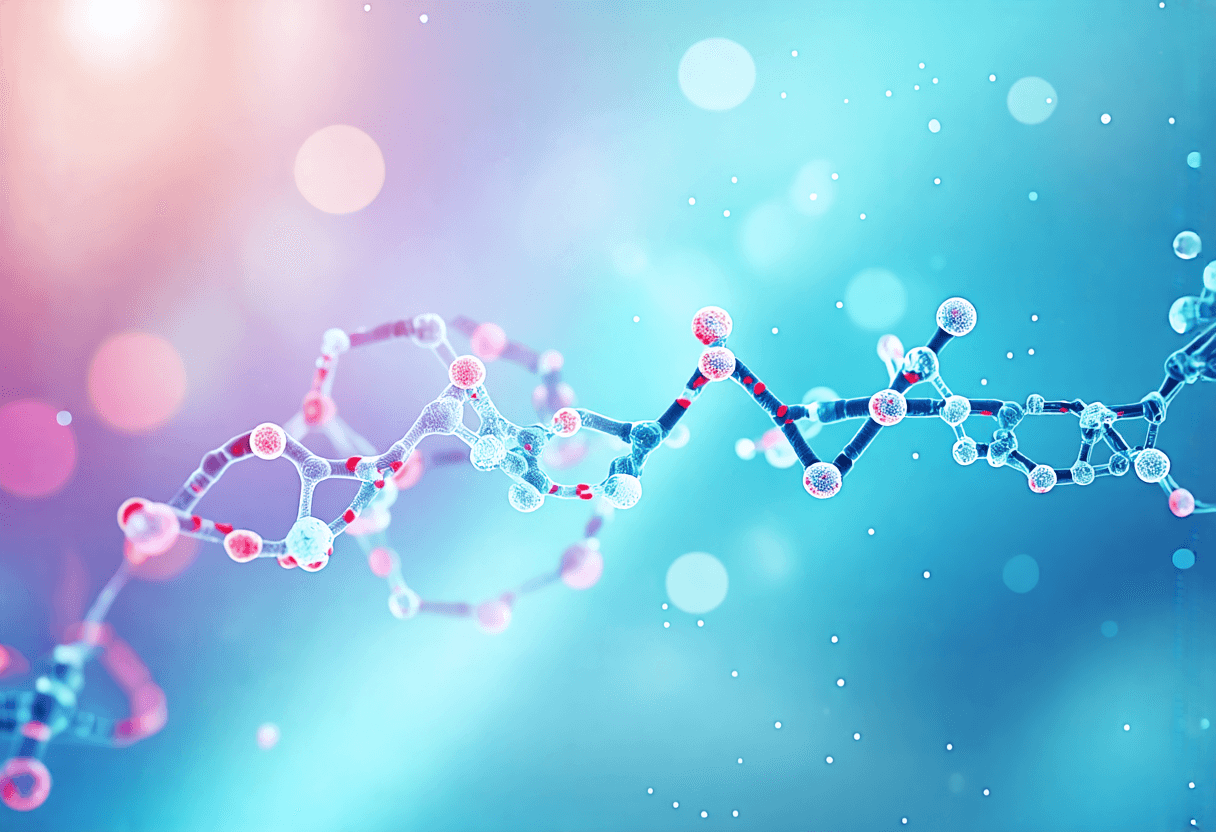
The Role of Hormone Therapy in Cancer Treatment
09 Oct, 2024
 Healthtrip
HealthtripHormones are chemical messengers that play a crucial role in various bodily functions, including growth, development, and reproduction. In the context of cancer, hormones can either fuel or suppress tumor growth, depending on the type of cancer and the specific hormone involved. Hormone therapy, also known as endocrine therapy, is a type of cancer treatment that exploits this relationship between hormones and cancer cells. By manipulating hormone levels or blocking their effects, hormone therapy can help slow or stop the growth of cancer cells, making it a vital component of comprehensive cancer care.
How Hormone Therapy Works
Hormone therapy works by either reducing the levels of hormones that fuel cancer growth or blocking the effects of these hormones on cancer cells. There are two main types of hormone therapy: those that reduce hormone production and those that block hormone receptors. The former involves medications or surgeries that lower hormone levels, while the latter involves medications that bind to hormone receptors, preventing hormones from stimulating cancer growth.
Most popular procedures in India
Types of Hormone Therapy
There are several types of hormone therapy, each targeting specific hormones and cancer types. For instance, androgen deprivation therapy (ADT) is used to treat prostate cancer by reducing testosterone levels, while selective estrogen receptor modulators (SERMs) are used to treat breast cancer by blocking estrogen receptors. Aromatase inhibitors, on the other hand, are used to treat breast cancer in postmenopausal women by reducing estrogen production.
Wellness Treatments
Give yourself the time to relax
Lowest Prices Guaranteed!

Lowest Prices Guaranteed!
Benefits of Hormone Therapy
Hormone therapy offers several benefits for cancer patients. By slowing or stopping cancer growth, hormone therapy can help alleviate symptoms, improve quality of life, and increase survival rates. In some cases, hormone therapy can even be used as a standalone treatment or in combination with other therapies, such as chemotherapy or radiation therapy, to enhance treatment outcomes. Additionally, hormone therapy can help reduce the risk of cancer recurrence and improve overall survival rates.
Targeted Therapy
Hormone therapy is a form of targeted therapy, meaning it specifically targets cancer cells, reducing the risk of harm to healthy cells. This targeted approach can lead to fewer side effects compared to traditional chemotherapy, which can damage healthy cells in addition to cancer cells. By targeting specific hormone receptors or pathways, hormone therapy can provide a more precise and effective treatment option for cancer patients.
Risks and Side Effects of Hormone Therapy
While hormone therapy can be an effective treatment option, it is not without risks and side effects. Common side effects of hormone therapy include hot flashes, fatigue, and mood changes. In some cases, hormone therapy can also increase the risk of osteoporosis, cardiovascular disease, and other health problems. It is essential for patients to discuss the potential risks and benefits of hormone therapy with their healthcare provider to determine if it is the right treatment option for them.
Managing Side Effects
Fortunately, many side effects of hormone therapy can be managed with medications or lifestyle changes. For instance, hot flashes can be alleviated with medications or alternative therapies, such as acupuncture. Exercise and dietary changes can also help mitigate side effects, such as fatigue and weight gain. By working closely with their healthcare provider, patients can develop a plan to minimize side effects and maximize the benefits of hormone therapy.
Future Directions in Hormone Therapy
Research into hormone therapy is ongoing, with scientists exploring new ways to improve treatment outcomes and reduce side effects. One area of research involves the development of more targeted hormone therapies that can selectively target specific hormone receptors or pathways. Another area of research involves the use of hormone therapy in combination with other therapies, such as immunotherapy, to enhance treatment outcomes. As our understanding of the complex relationships between hormones and cancer cells grows, we can expect to see even more innovative and effective hormone therapies emerge.
Most popular wellness packages
Related Blogs
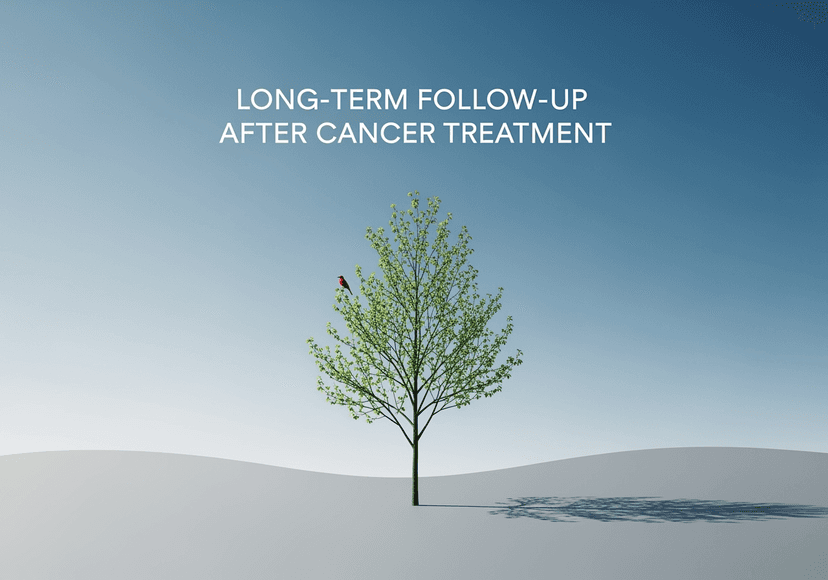
Long-Term Follow-Up After Cancer Treatment
Detailed insights into cancer treatment – doctors, hospitals, technology, recovery,

Healthtrip’s Transparency in Cancer Treatment Pricing and Packages
Detailed insights into cancer treatment – doctors, hospitals, technology, recovery,
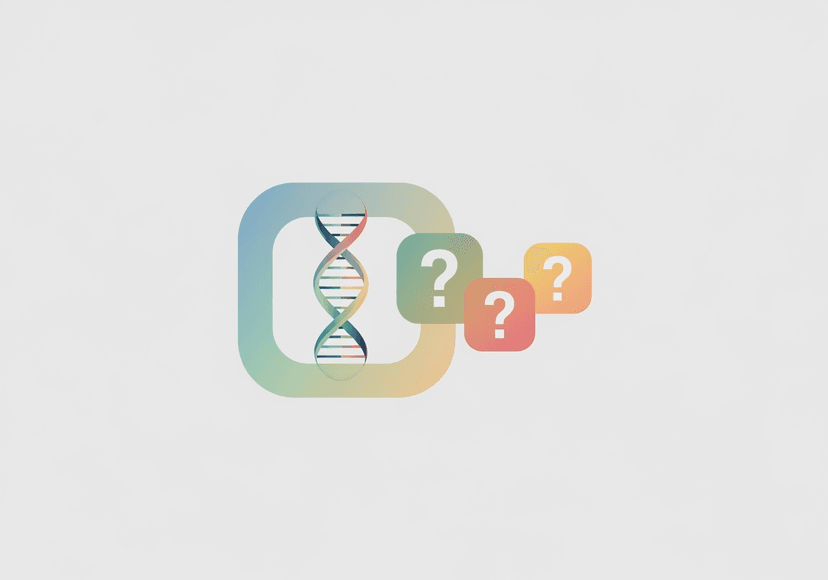
Frequently Asked Questions About Cancer Treatment
Detailed insights into cancer treatment – doctors, hospitals, technology, recovery,

Advanced Robotic Technology Used in Cancer Treatment
Detailed insights into cancer treatment – doctors, hospitals, technology, recovery,
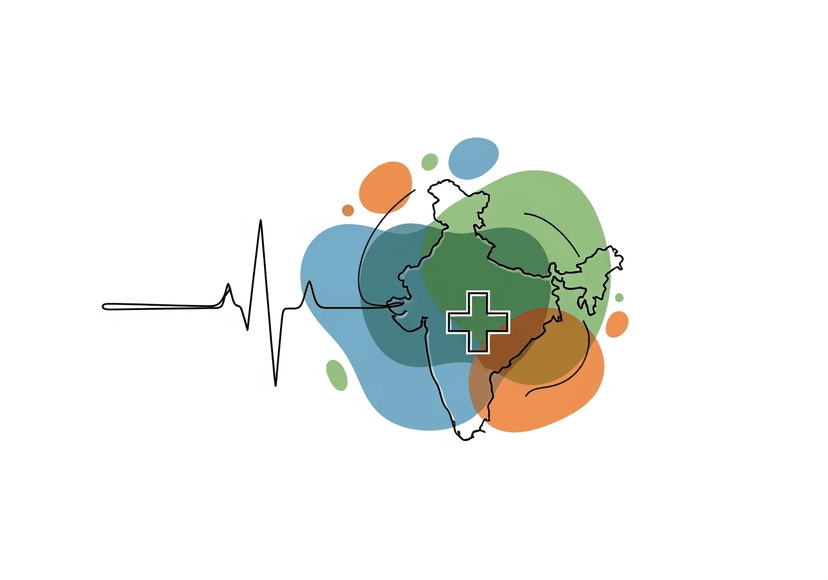
How Healthtrip Supports Foreign Patients for Cancer Treatment in India
Detailed insights into cancer treatment – doctors, hospitals, technology, recovery,
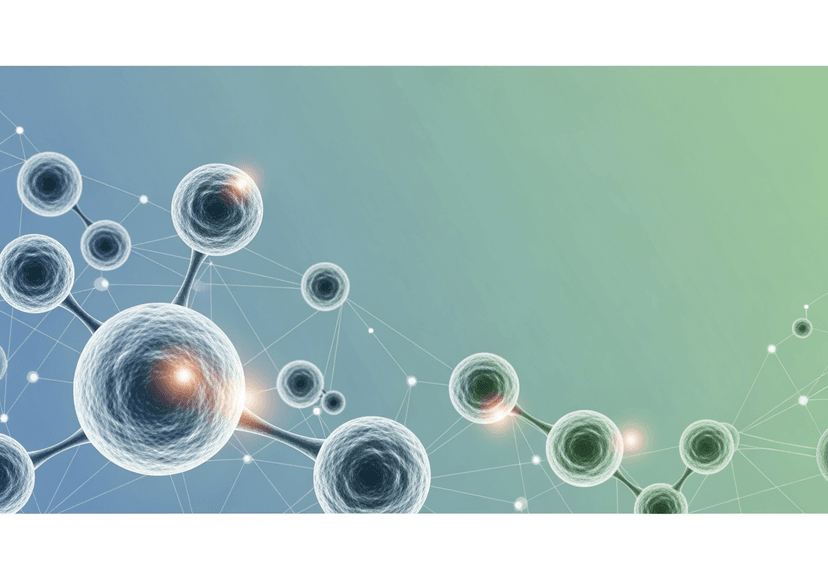
Top Medical Packages for Cancer Treatment Offered by Healthtrip
Detailed insights into cancer treatment – doctors, hospitals, technology, recovery,










